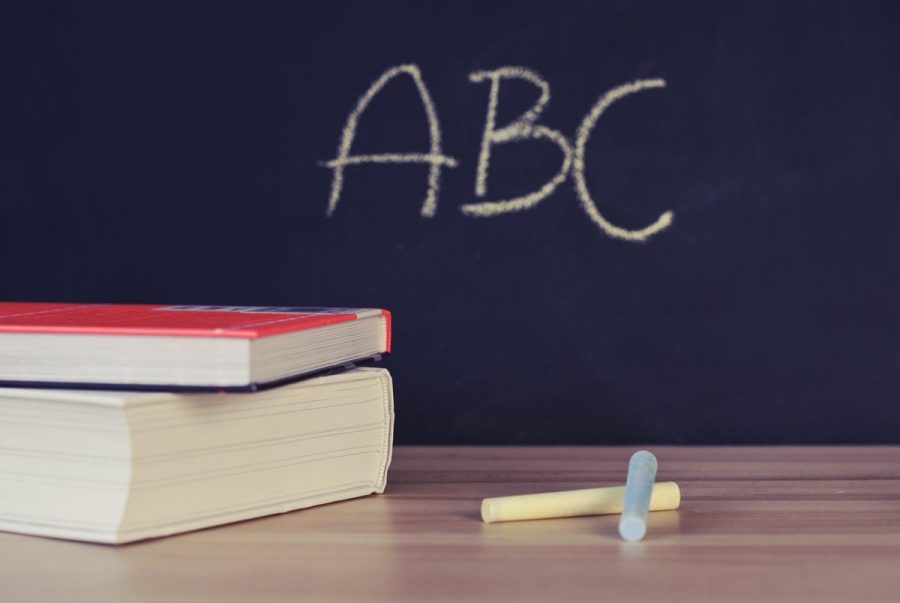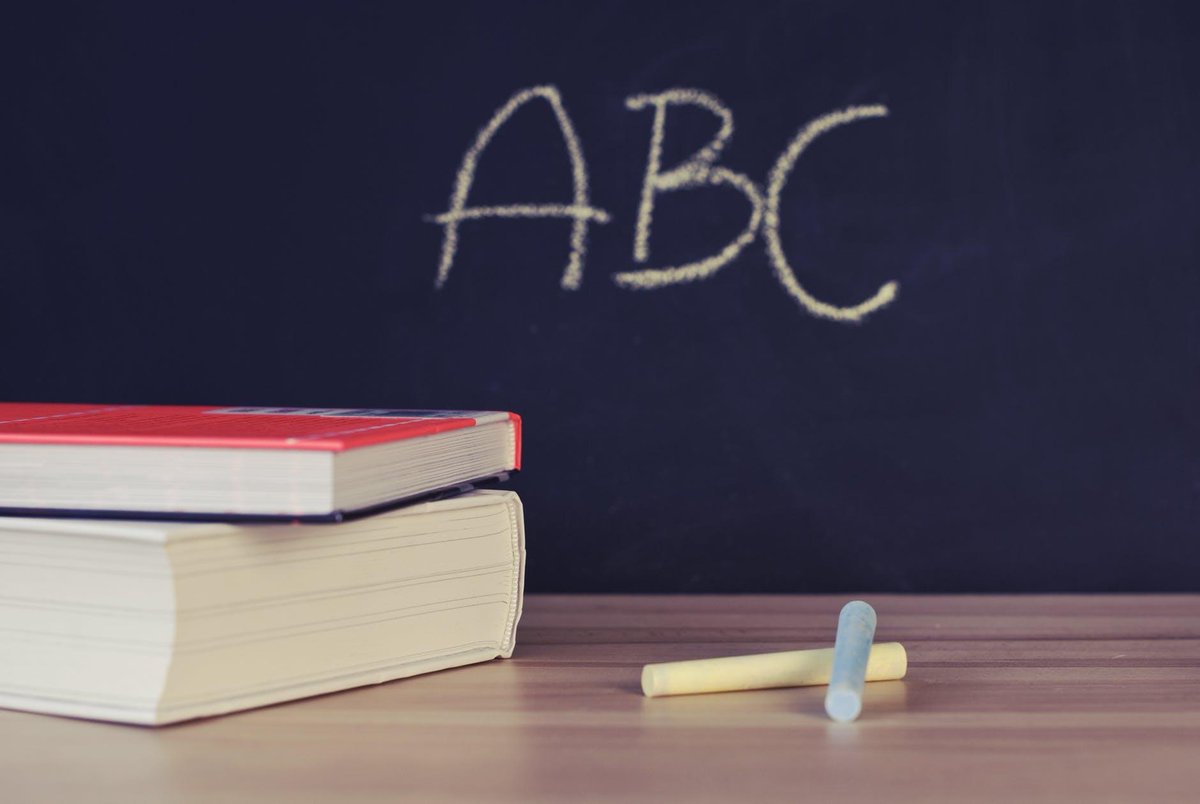
Afriforum urges public to participate on the Basic Education Laws Amendment Bill as sessions resume
The consultation sessions where the public can make oral submissions on the Basic Education Laws Amendment Bill (also known as the BELA Bill) will resume on 5 May 2023. The notification in this regard with dates and venues has just been released by the secretary of the Parliamentary Portfolio Committee on Basic Education. Alana Bailey, […]

The consultation sessions where the public can make oral submissions on the Basic Education Laws Amendment Bill (also known as the BELA Bill) will resume on 5 May 2023. The notification in this regard with dates and venues has just been released by the secretary of the Parliamentary Portfolio Committee on Basic Education.
Alana Bailey, AfriForum’s Head of Cultural Affairs, welcomes the announcement. “The bill comprises articles that pose a major threat to the future of quality education in South Africa in general, and Afrikaans mother language education in particular. Amongst other things, this has to do with the approval of schools’ admission and language policies. Currently, the final decision about these policies rests with schools’ governing bodies, but the bill states that the final decisions in this regard will be the responsibility of the provincial heads of education. This means a centralisation of power in the hands of the state, at the expense of communities’ right to decide for themselves about their children’s and schools’ interests.”
The public hearings that are now resuming, provide members of the public with the opportunity to take a stand against the bill that should not be missed. There had already been opportunities to submit petitions and written comments. AfriForum also made a presentation in Parliament in November 2022. “It is essential that all stakeholders speak out as strongly as possible against the bill to prevent it from being passed and implemented in its current format,” says Bailey.
AfriForum is of the opinion that it would be better to scrap the entire concept and revise existing school legislation from scratch. Bailey mentions that the field of education has changed profoundly in recent years, thanks to new learning patterns that have been established during the Covid-19 restrictions, technology that has developed along with it and issues such as language rights that are being understood more comprehensively. “Now is the time to rethink school legislation and to come up with new proposals, rather than wasting more time and resources on this ideologically charged, unconstitutional and outdated draft,” concludes Bailey.
